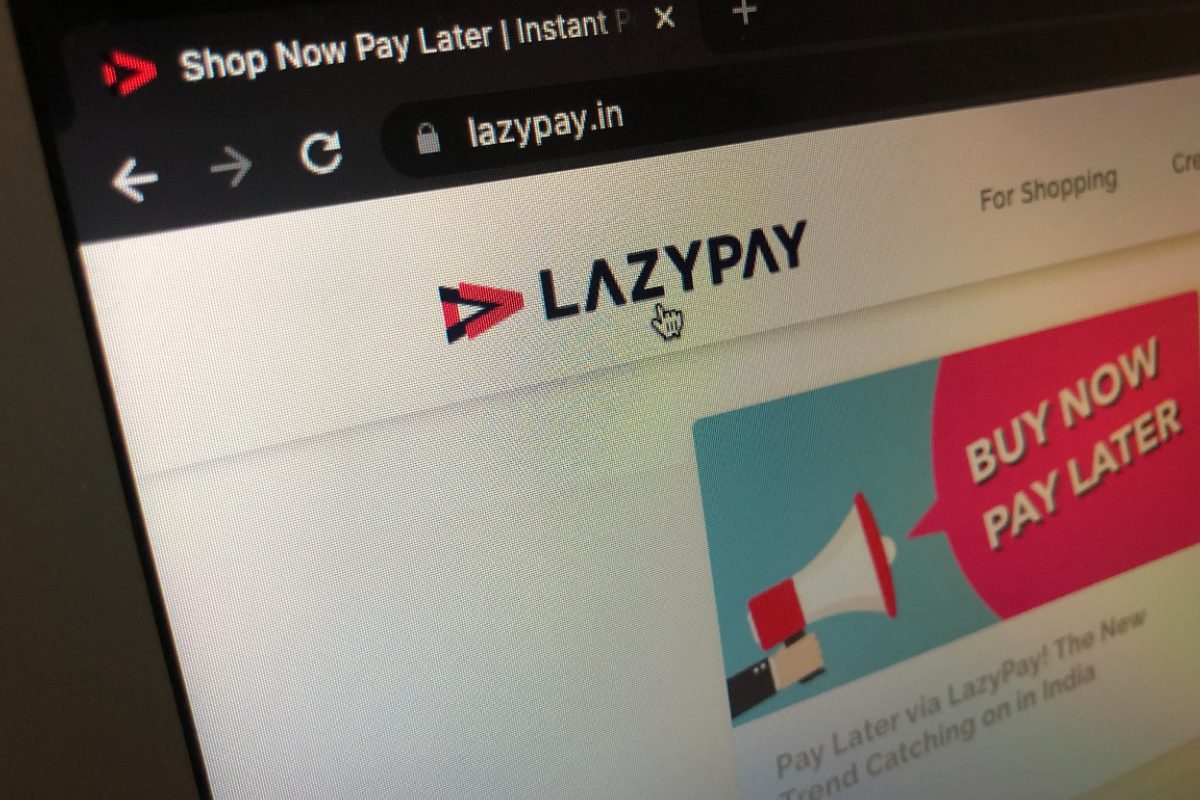
Amid the government crackdown on illegal loan apps, research firm Chase India in a report on Tuesday proposed setting up a self-regulatory organisation (SRO) for the digital lending industry.
The report on whitelisting framework for digital lending apps (DLAs) intends to support the industry, as it will add legitimacy to the practices and business operations of the DLAs, while simultaneously defining an appropriate regulatory approach in the sector.
Chase India has prepared the whitelisting framework with inputs from industry stakeholders.
Last year, the Union Home Ministry sought urgent and strict action by law enforcement agencies against predatory lending apps as harassment, blackmail, and harsh recovery practices by such Chinese-controlled entities have led to multiple incidents of death by suicide.
Many such apps came up during the COVID-19 pandemic as many people across India faced financial hardship and needed funds and these apps lent money for periods ranging from a week to 30 days. These lending apps would charge high-interest rates and processing fees.
In February, the government ordered the blocking of 232 apps operated by overseas entities, including Chinese, for being involved in betting, gambling, and unauthorised loan services.
Fintech firms LazyPay, IndiaBulls Home Loans, and Kissht were on the list of blocked websites. As per the list, MeitY issued orders to block lazypay.in, which is a subsidiary of Dutch investment firm Prosus.
The other websites in the block list include buddyloan.com, cashtm.in, kreditbee.en.aptoide.com, faircent.com, true-balance.en.uptodown.com, and mpokket.en.aptoide.com.
In April, Google said it took action against over 3,500 loan apps in India in 2022 for violating Play Store policy requirements.
For the latest tech news and reviews, follow Gadgets 360 on Twitter, Facebook, and Google News. For the latest videos on gadgets and tech, subscribe to our YouTube channel.




